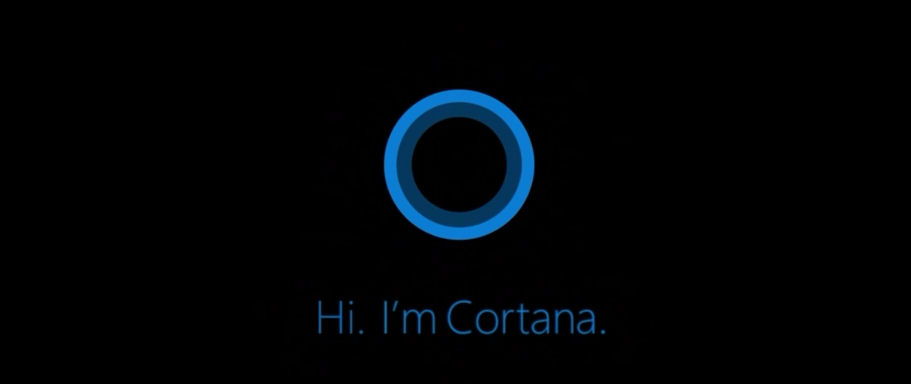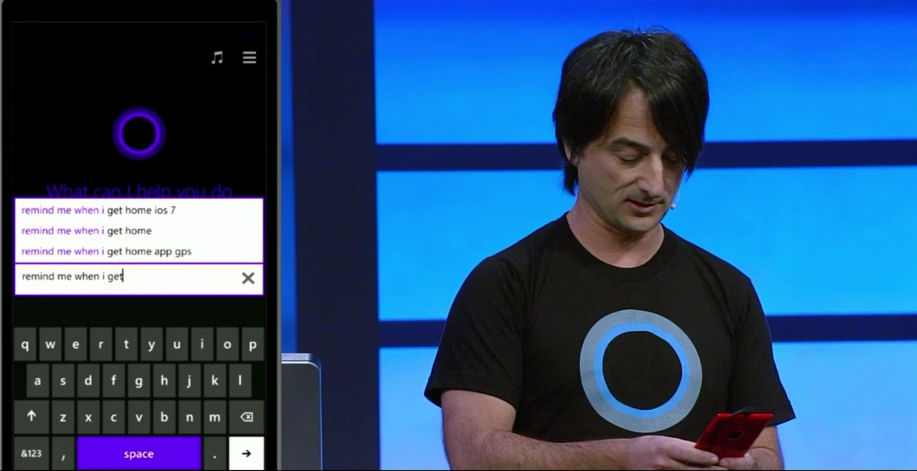Let's start with timescales. Looking at Microsoft's main competitors in the smartphone world, Apple's iOS was launched in 2007 and Android in 2008, while the first Windows Phones didn't launch until 2010 and Windows Phone 8, largely rewritten under the hood, came out in 2012. Much as Windows Phone 8 is provably imperfect (at the moment), few could argue that the speed, fluidity and reimagining of the interface didn't incorporate lessons learned from watching iOS and Android develop. Joe Belfiore is even famous for carrying around and using various competitor devices - so, despite being designed from a clean sheet of paper, Windows Phone certainly wasn't created in a vacuum.
 So, in a sense, being created later has its advantages. You could even argue that the iPhone, perceived (wrongly) by many as the first modern day smartphone, was created after Apple watching years of Nokia, Blackberry and various Windows Mobile manufacturers playing with designs in the formative days of smartphones, and then working out what needed to be fixed (full face capacitive touch was the big conceptual leap).
So, in a sense, being created later has its advantages. You could even argue that the iPhone, perceived (wrongly) by many as the first modern day smartphone, was created after Apple watching years of Nokia, Blackberry and various Windows Mobile manufacturers playing with designs in the formative days of smartphones, and then working out what needed to be fixed (full face capacitive touch was the big conceptual leap).
The same applies, I'd argue, to contextually aware, voice-capable, smartphone-hosted 'assistants'. Apple (bought and then) introduced Siri in 2011, while Google Now debuted in early 2013. Giving Microsoft a lot of ideas and feedback which has been incorporated into Cortana for Windows Phone 8.1. The idea is that it's hard-wired into the 'search' key on every Windows Phone ("At last! A real use for this!" I hear users across the world cry....), plus was shown off with both a live tile and integration into the new Action Center.
Back in the 1990s, before the days of 'smartphones', we had 'PDAs', short for 'Personal Digital Assistants', the idea being that your electronic gadget held your calendar, address book and to-do list, reminded you of things in real time and, on sophisticated units like the Psions, even provided Office document editing, multitasking and full width physical keyboards. Many of us swore by these devices, usually combined with primitive mobile phones and occasionally even connected via infrared to carry on GSM data connections to the (shock, horror) Internet. For Psion owners of the time, their PDA was their 'second brain'.
With Cortana, Microsoft has publicly stated its philosophy that 'she' can be thought of a 'personal assistant', not just a piece of software. While slightly cute, this does make the point well and effectively brings the PDA or 'second brain' concept right up to date. Everything you're too busy to remember or look up or research, just let Cortana take the strain. And so on.

Much in the demonstration of Cortana at Build 2014 looked vaguely familiar to anyone with a passing knowledge of Apple's Siri or Google Now - helping with weather, sports and travel arrangements. And, of course, Microsoft is building in much of the same data sets and features as its competitors, so this is to be expected. But, underlying the demos, I was impressed with how fast Joe B and others were able to talk to Cortana, how wide its dictionary and grammar handler seemed to be, and how well it handled context.
We've all seen computers with infallible voice interfaces demonstrated on TV shows like Star Trek, wherein a completely natural language query can be parsed and understood and it does seem as though Cortana is going to be more capable here than Apple's of Google's solutions. Helped by the aforementioned timescales and arriving later, no doubt.

Geofencing, i.e. detecting when you arrive at (or leave) a particular location is something that's already announced for Windows Phone 8.1, so it's not surprising that Cortana is geared up to parse queries that involve location, as shown above. A natural language instruction involving 'home' or 'work' or similar gets turned, at the OS level into an instruction for the appropriate application to leap into action when the relevant geofence is activated. Pretty cool stuff, though you have to worry about battery life if there's a lot of this geolocation activity going on!
Emphasised in Cortana's launch was that 'she' has a 'notebook'. Far from being a gimmick, this is a way to fine tune the AI behind the system - one of the frustrations with, for example, Google Now is that once it has got something into its virtual brain it's quite hard to get it to forget it. That sports story you were researching last month? That news site you dipped into in January? That place you visited to drop off an eBay item last week? They all keep coming back from the dead. Helpfully, as Google puts it. Annoyingly, as I call it.
Thus, the idea is that you can dip into the Cortana 'notebook' to fine tune what 'she' knows about you and your life and to delete specific items of history.
One final unique selling point in Cortana is that, unlike Siri and Google Now, 'she' can handle third party applications, parsing spoken instructions that involve more than the core Windows Phone features. Examples used were Skype, Facebook and Hulu (e.g. "Schedule Breaking Bad on Hulu"), but we should see hundreds more compatible applications by the time Windows Phone 8.1 arrives in user hands in a few months.
With Cortana, the idea of a true virtual Personal Digital Assistant could well be coming to fruition. I can't wait.
PS. Actually, I'll have to wait, because there's a slight sting in the tail in terms of availability. The USA will be first to be supported, followed by the UK and China later in 2014, in staged rollouts through beta and into production, with other countries following in 2015. These delays are due to the adaptation needed for different languages and dialects and are similar to staged availabilty for both Siri and Google Now in the past, but that doesn't make the waiting any less painful!
PPS. We could have got the Cortana pictured below (from the game Halo, and note that this is a more family-friendly image than I could have used!) - instead we got an animated circle. Sigh. Ah well, at least it avoids a few jealous quips from wives and girlfriends!

